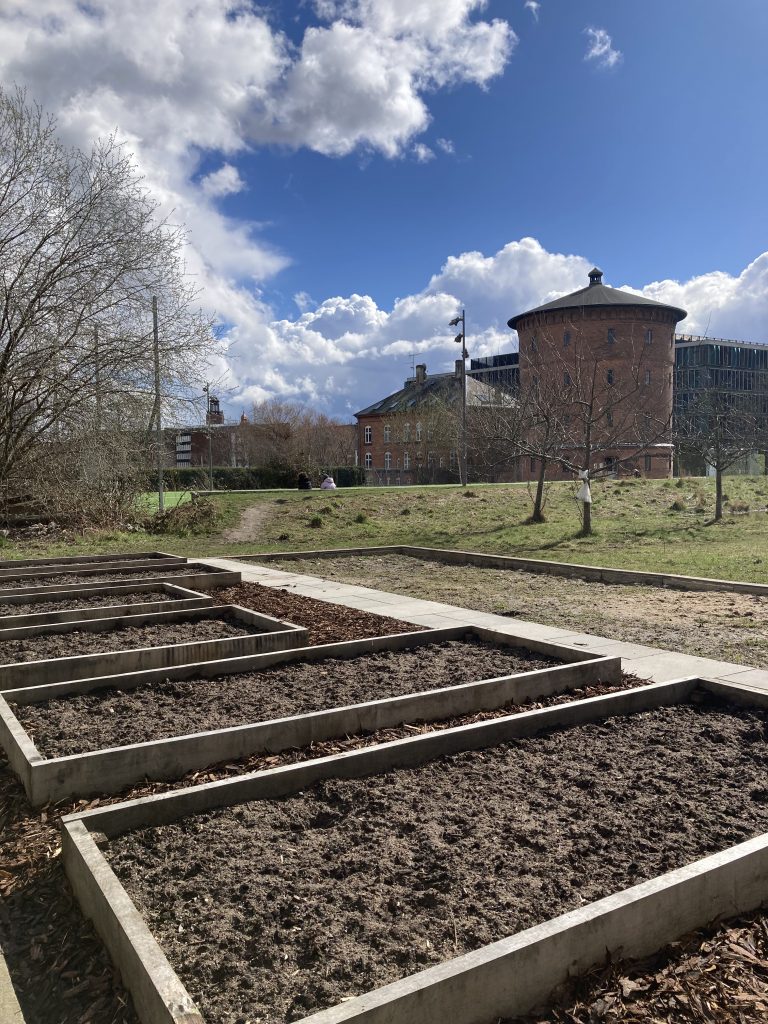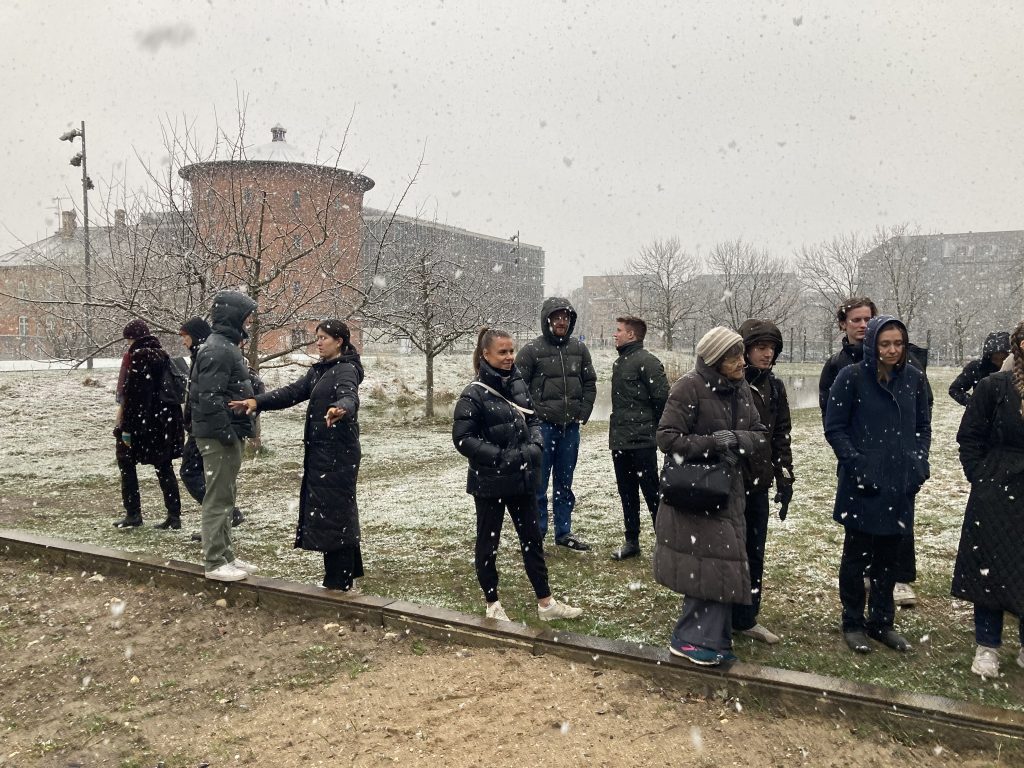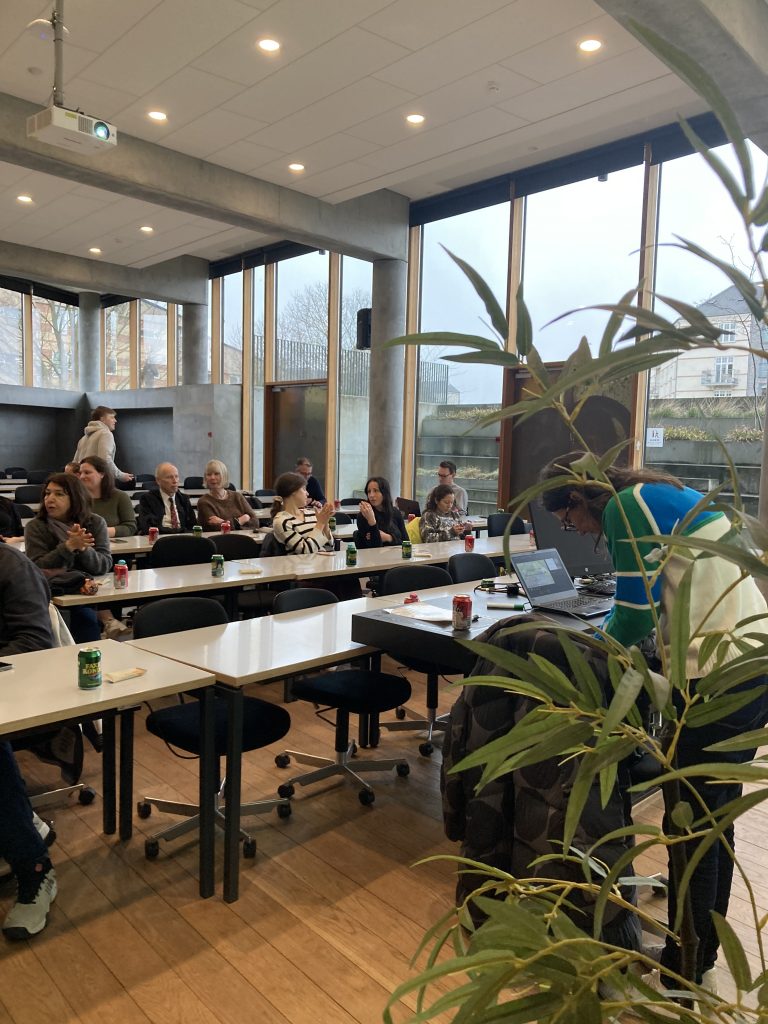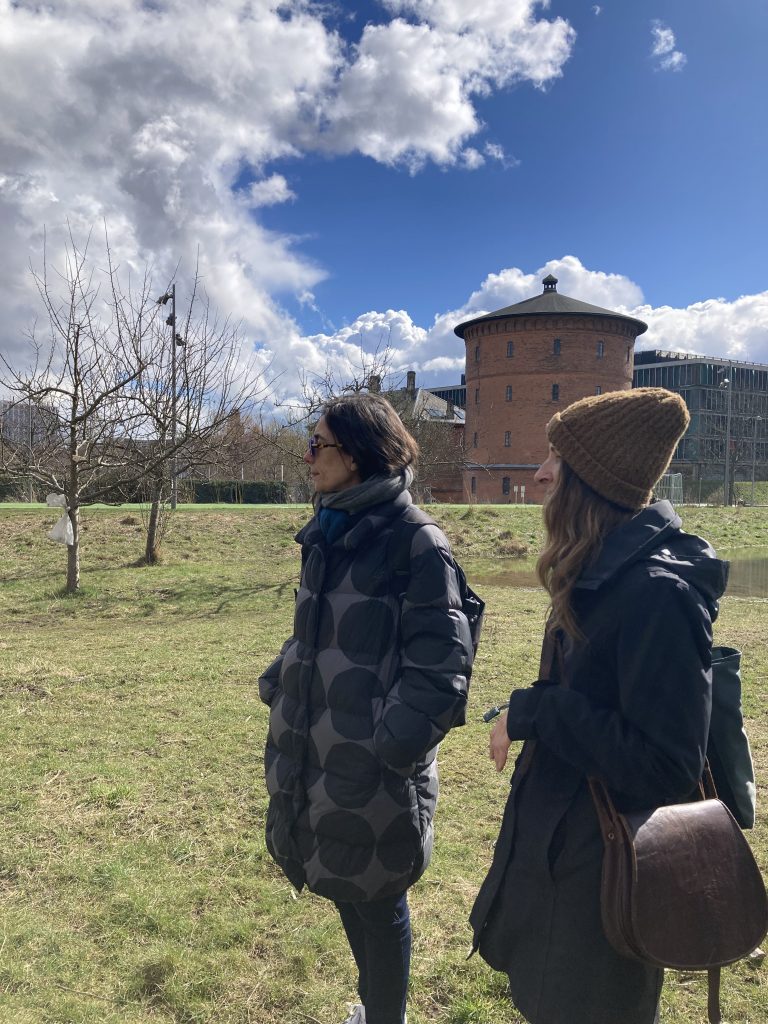lum aliquet porta nibh, at sodales mi dapibus vel. Etiam sodales enim ac fringilla lobortis. Etiam et auctor nunc. Praesent viverra eleifend leo, ac mollis turpis condimentum ac. Quisque sed fermentum neque, et commodo mi. Donec eleifend tortor id rutrum lobortis. Nunc sodales sodales maximus. Aenean quis condimentum risus. Sed sit amet enim eget urna facilisis efficitur. Sed vel imperdiet sapien. Praesent sit amet eleifend sem. Vestibulum ante ipsum primis in faucibus orci luctus et ultrices posuere cubilia curae;
Sed eget augue est. Nullam non nisl vel tellus rutrum dignissim sit amet sit amet leo. Nam massa dolor, dictum at felis non, placerat viverra tellus. Aliquam rutrum at ante mollis faucibus. Phasellus nulla risus, placerat dignissim auctor sit amet, tristique pellentesque sem. Etiam mauris odio, vehicula et sapien id, cursus fringilla diam. Integer dignissim at tellus eget imperdiet.
Sed blandit pretium suscipit. Nunc malesuada tristique diam et pellentesque. Proin rhoncus elementum lorem lacinia tincidunt. Ut id ultrices est. Nam nec quam a dui sodales porttitor eget imperdiet magna. Morbi semper mauris sed justo sagittis, et pellentesque lorem convallis. Nam vel est nulla. Suspendisse a convallis neque, in venenatis massa. Pellentesque vitae sapien ut ante facilisis eleifend. Donec id eros vitae mi volutpat imperdiet. Curabitur a turpis scelerisque, ullamcorper diam eget, efficitur orci.
Morbi suscipit libero sit amet nibh facilisis tincidunt. Nam nec mauris tortor. Suspendisse potenti. Vestibulum et felis ut eros placerat placerat nec eu ex. Nam auctor erat eu vestibulum suscipit. Praesent cursus magna eget augue tempus mollis. Praesent dolor ligula, gravida quis dolor vulputate, pulvinar dapibus dui.
Aenean vitae luctus nisl. Nunc sapien tortor, pharetra ac posuere non, tempor id libero. Vivamus condimentum vitae odio at consectetur. Nulla euismod ligula quis libero fringilla, eget cursus diam efficitur. Nunc pulvinar hendrerit tellus, a molestie libero rutrum maximus. Ut dapibus urna sit amet libero dignissim, eu sodales massa ullamcorper. Aenean sit amet laoreet justo.



